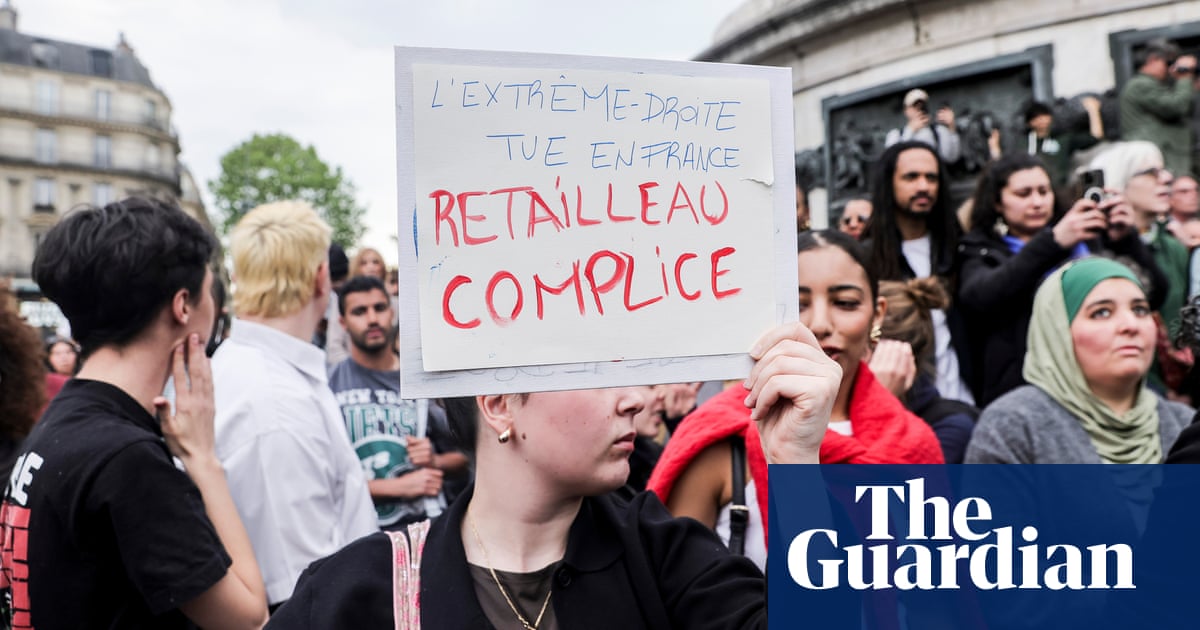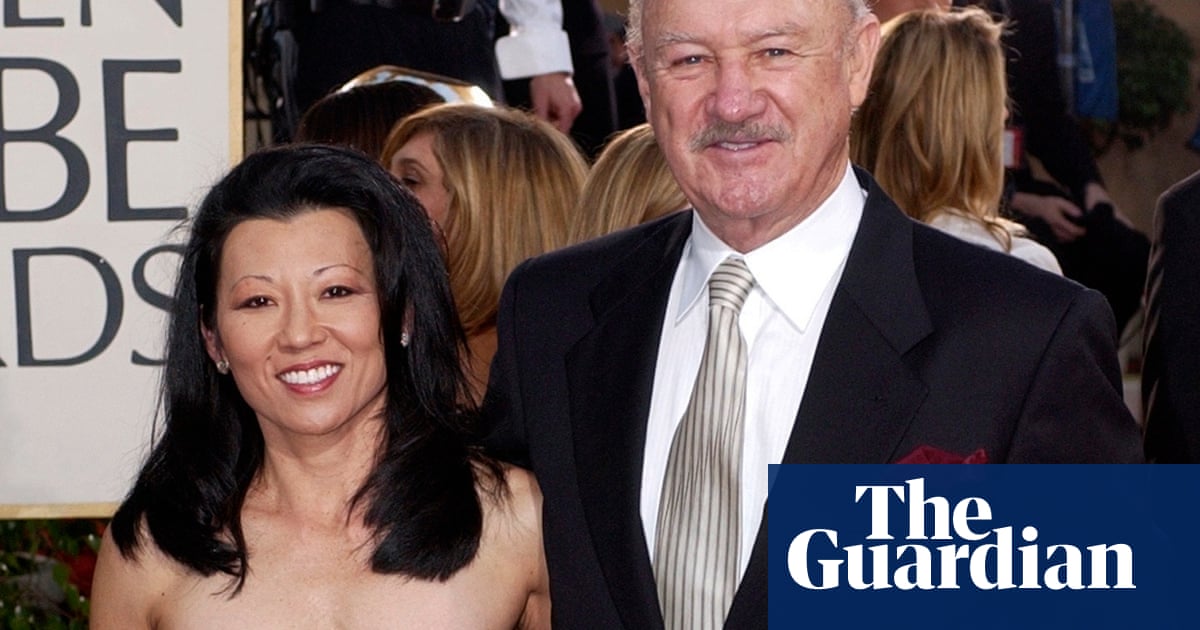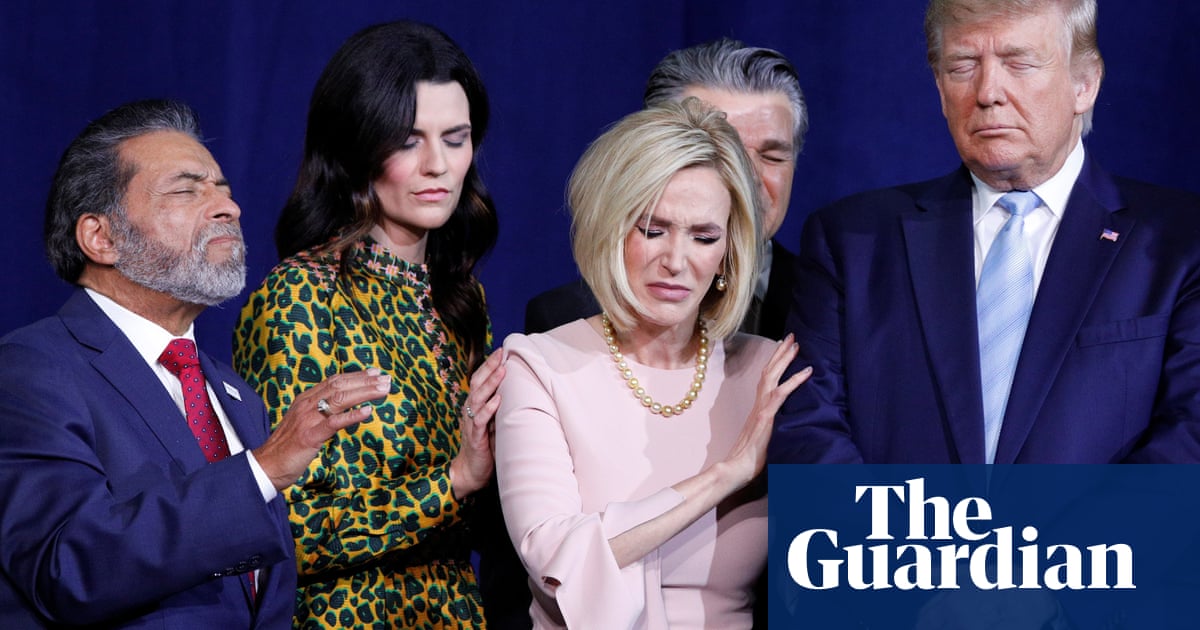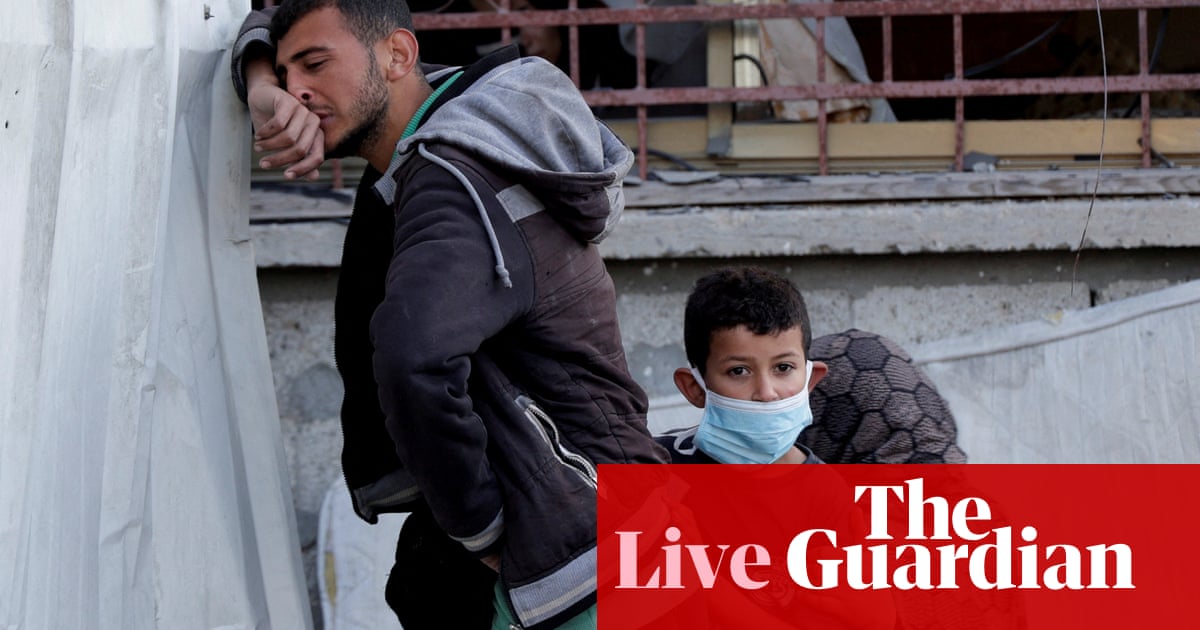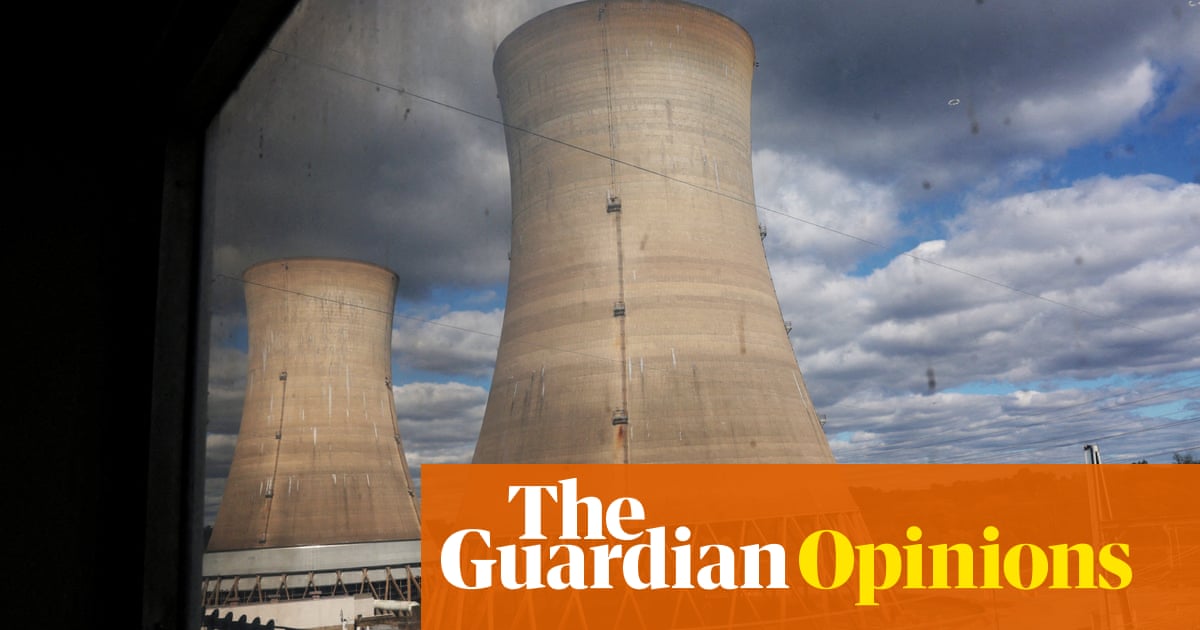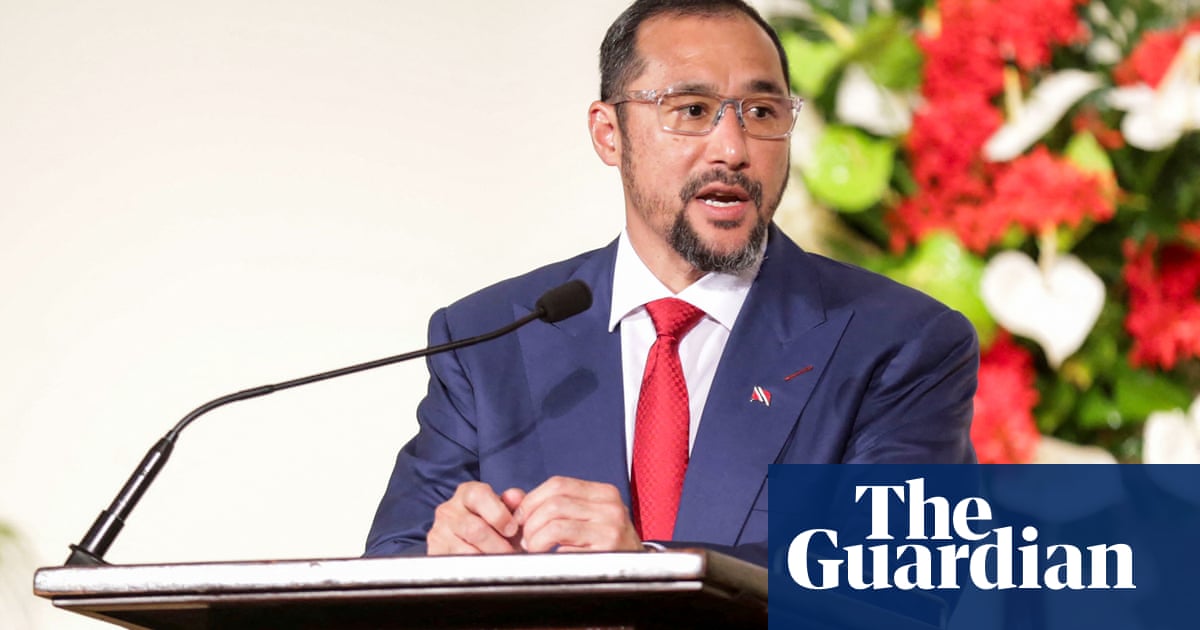On the road running from Maiduguri’s airport to the city, the freshly repainted walls of a girls’ college stood in defiant opposition to a years-long campaign by the jihadists of Boko Haram to make good on their name, which translates as “western education is forbidden”.
At a nearby roundabout on the outskirts of the capital of Nigeria’s north-eastern Borno state, three uniformed men sprinted after a cement truck, hoping to collect a road levy. As the driver sped away, they slowed down in the 42C heat, smiled regretfully, and waited for the next heavy duty vehicle to pass.
At the peak of Boko Haram’s 15-year insurgency, bombs went off with frightening regularity at the popular Monday market. But the city – known as the birthplace of Boko Haram – has not suffered a major attack since February 2021, and the low-key security atmosphere reflected its relative tranquility.
The group was founded in 2002, but its campaign of terror took off in 2009, after the killing of its founder, Mohammed Yusuf, by police in July of that year. More than 36,000 people were killed and 2.2 million others displaced. In one particularly notorious incident 11 years ago this month, Boko Haram kidnapped 276 girls from a school in the town of Chibok.
Many outside the region assumed the insurgency had been extinguished, but on 8 April this year Borno’s governor, Babagana Zulum, issued a troubling warning: Boko Haram was staging a comeback. Zulum told a meeting of security agents that renewed attacks and kidnappings were occurring “almost on a daily basis without confrontation”, in a sign that the state’s authorities were “losing ground”.

Zulum made the warning less than a month after gunmen raided two military bases in Borno and his security convoy reportedly intercepted a Boko Haram ambush attempt. The number of fatalities in both cases remains unclear.
In response to Zulum, a spokesperson for the military authorities said: “The military is sacrificing a lot, and our efforts should be appreciated.”
Nigeria’s information minister, Mohammed Idris, also said the armed groups have been “largely dissipated”, toeing the tone of his predecessor Lai Mohammed, who in 2015 said they had been “technically defeated”.
“We’re not saying that we have 100% exterminated Boko Haram,” Idris said after the security meeting. “But I think that we’ve degraded Boko Haram significantly for them to pose any kind of significant challenge for us as a country.”
Zulum fired back: “I believe he is naive about what is happening in the country.”
In recent years, a multinational coalition between Cameroon, Chad, Niger and Nigeria has reclaimed territory controlled by Boko Haram and helped to secure garrison towns from attacks. The group has simultaneously been weakened by a split into two factions that often fight among themselves.
In January 2024, Bola Tinubu, Nigeria’s president, promised to “stamp out the remaining vestiges of Boko Haram, Ansaru, banditry and kidnapping gangs”.
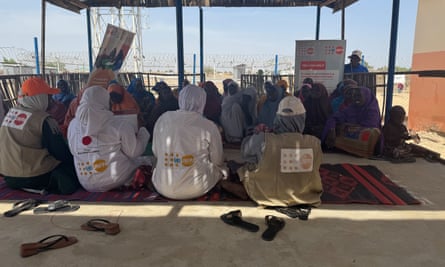
“We won’t rest until every agent of darkness is completely rooted out,” he added.
However, analysts have said troops are struggling to contain jihadists in the “Timbuktu Triangle” – a term referencing the Malian city, a former jihadist stronghold – and used to denote an area stretching from eastern Yobe state into western Borno.
Beyond the attacks on army bases, local reports said 40 farmers were reportedly killed and several others kidnapped by Boko Haram and Islamic State West Africa Province (ISWAP) in January. The latter faction split to ally with Islamic State and has taken on a different style, taxing some villages and small towns that they control and remitting taxes to commanders.
There are also fears that thousands of displaced households sent from camps back to their villages under a resettlement scheme may now be under threat.
As long as ago as 2023 the International Crisis Group warned of the resettlement scheme: “The hasty process is endangering displaced people’s lives – putting them closer to the fighting and cutting them off from support. By exposing civilians to hardship, the government risks giving jihadist groups an opportunity to forge ties with relocated communities and draw benefits from their economic activities.”
The situation in Yobe is tense. In September 34 people were killed in an attack, then in March a pro-Tinubu media outlet reported that villagers in Gujba, where more than 40 students were massacred in 2013, had been given eviction notices by Boko Haram for helping the army defeat the jihadists in a recent battle. The authorities claimed there was “no credible intelligence” backing the report.
In late March, Niger withdrew from the military coalition, prompting concerns about intelligence sharing and the capacity to keep jihadists at bay after the exit of French and American troopsfrom the Sahel. A new and much bigger regional force, established this year, is yet to get on its feet.
In Maiduguri, some say the Tinubu administration has been complacent and accuse the national security adviser of being more focused on political matters.
In a clinic in the city, an aid worker who wanted to remain anonymous watched student nurses roam the hallways. “Everybody has forgotten Maiduguri,” they said.

 4 hours ago
5
4 hours ago
5

